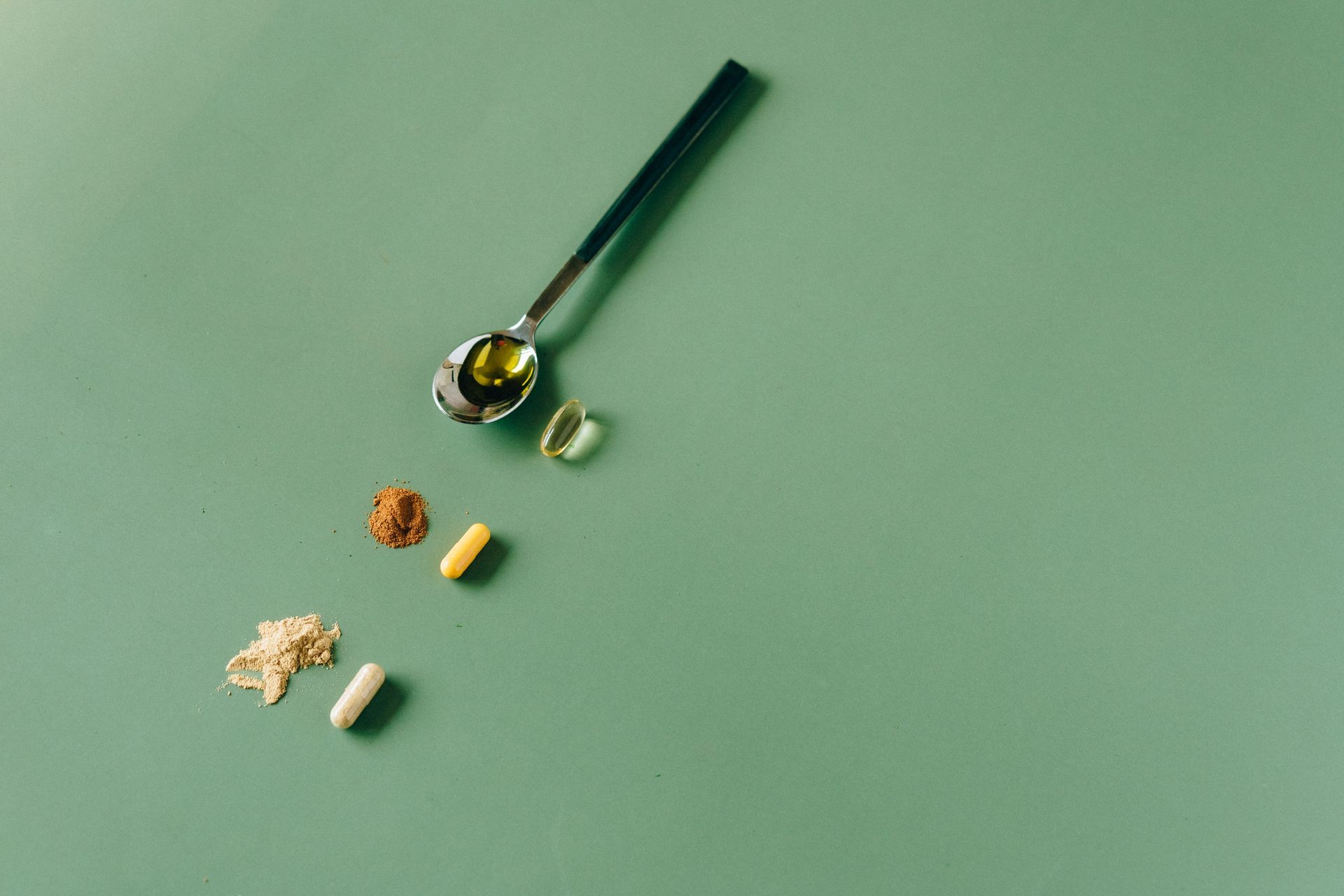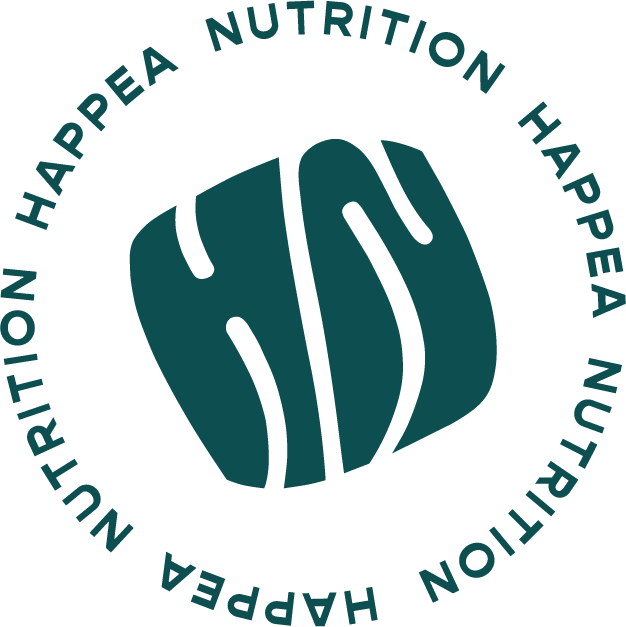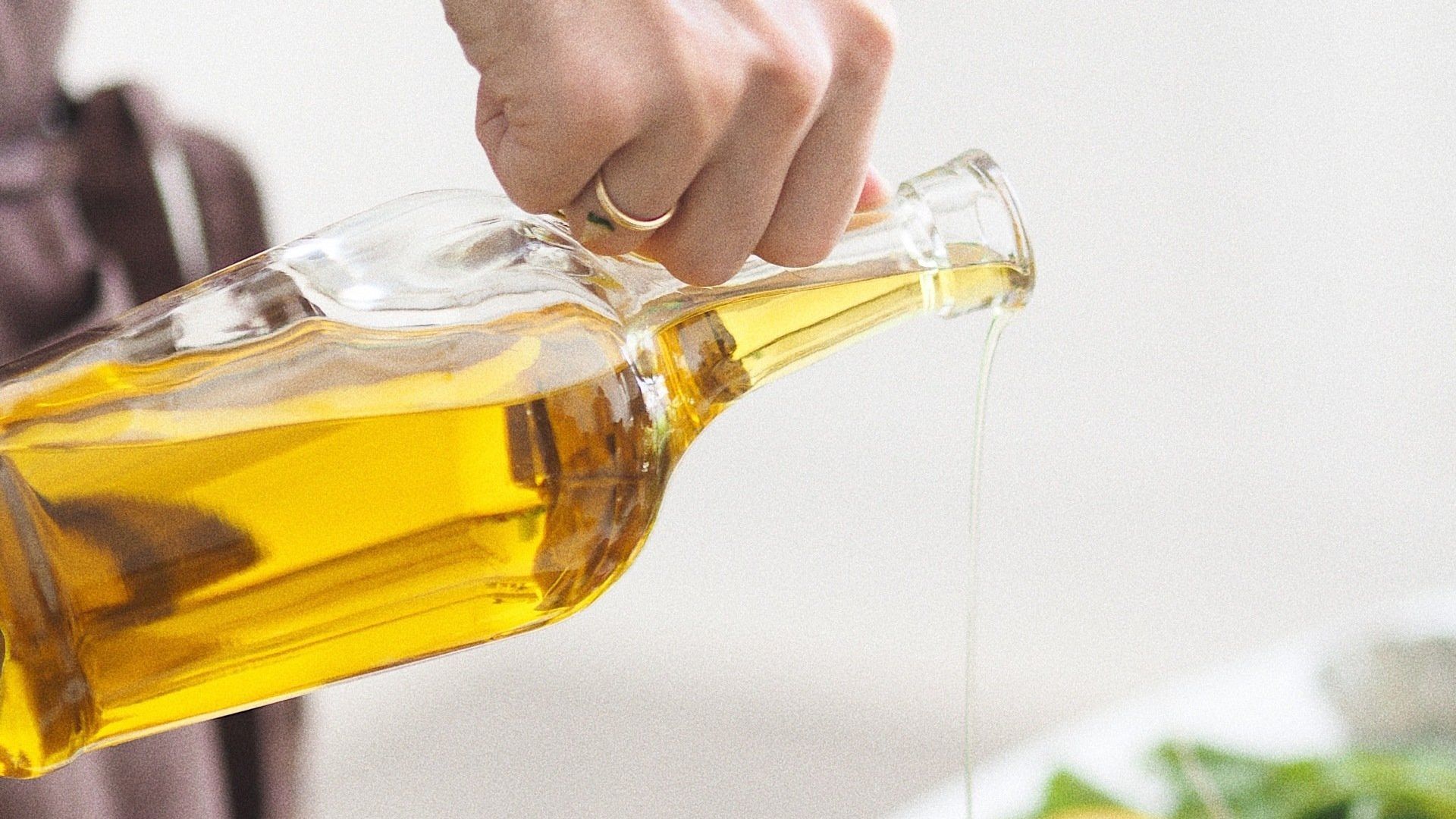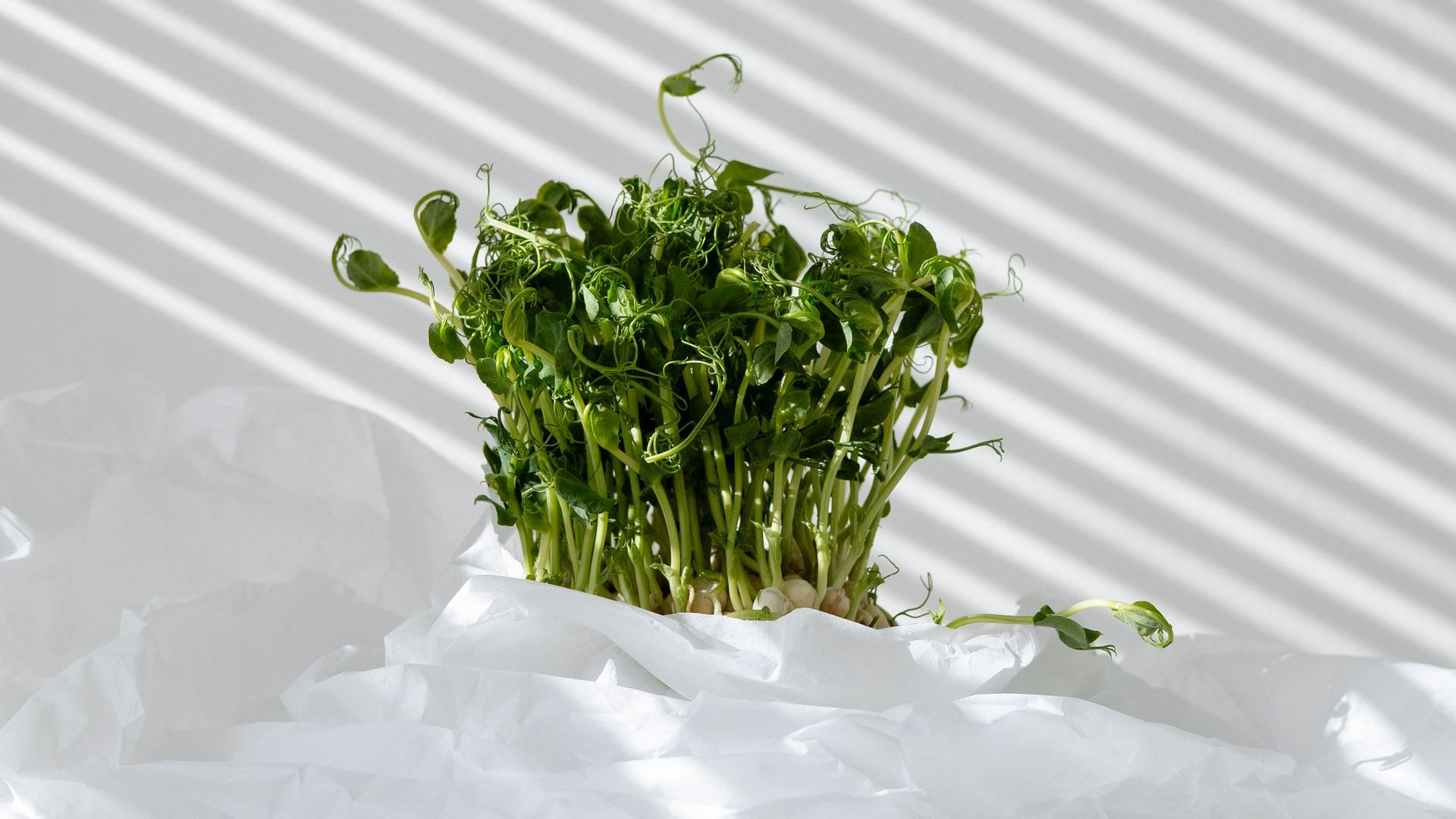What are anti-inflammatory foods?
No matter if you are reading a wellness blog or browsing through your social media feed, you will likely stumble upon anti-inflammatory foods.
And while they are awesome, many of the people promoting them don't provide enough background on why we should eat more of these foods. Sometimes it makes you wonder if they are just another trend. Let me break it down for you.
What is inflammation?
Inflammation is a pretty normal immune response. When your body is healing it fist develops some inflammation - that's when you get bruises or scabs. With time, as the body works its magic, this inflammation goes away and you are left with new skin that has little to no signs of injury.
This same process occurs inside our body, in our organs and calls. Even the internal inflammatory responses, such as a fever, are not a problem as long as they go away within a few days. However, once this inflammation persists and becomes chronic, we can develop some negative side effects. That's because our bodies are not meant to constantly be in this state of inflammation.
What happens when we experience chronic inflammation?
The body can only handle short periods of inflammation and as mentioned above, chronic inflammatory responses are not good. Why? Because they lead to other diseases.
Research is starting to show that a multitude of diseases can be linked to chronic inflammation. Some of the diseases that can be directly linked to inflammation are: heart disease, diabetes, cancer, arthritis, and bowel diseases like Crohn's disease and ulcerative colitis. Autoimmune and neurodegenerative disorders (such as Alzheimer’s) are also believed to be caused by a state of chronic inflammation.
Chronic inflammation is also believed to play a role in mental health as it can affect our brains and impact how well we are able to synthesize brain chemicals that make us feel good.
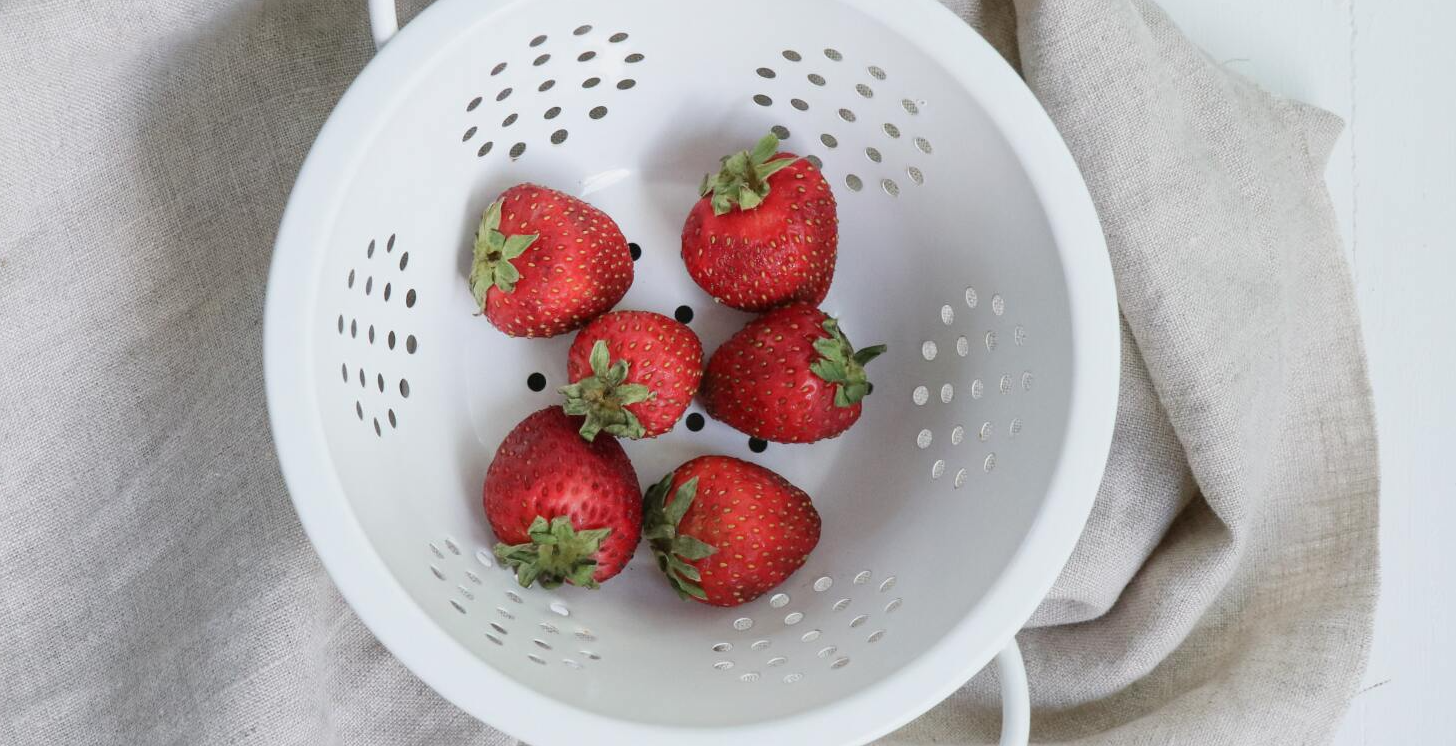
What are anti-inflammatory foods?
Yes, anti-inflammatory foods are not a crazy trend, they are real. To be clear, there is no food that magically makes inflammation go away but many foods have nutrients and compounds that can help us deal with it and will support our health by doing so.
The foods we eat can have a huge impact on how well our bodies handle inflammatory processes. By fueling right, we give our body the tools to heal quicker. Just as you want a bruise to go away faster, the same applies to what happens internally. Here are some foods that can help a lot:
Omega 3 fatty acids
The fatty acids also referred to as "the good fat" can reduce the production of inflammatory substances in the body. Studies show that people who consume more omega-3 in their diet have reduced inflammation.
Where do you find these fatty acids? The best source is seafood but flax and chia seeds, walnuts, edamame and other soybean products are also excellent sources.
Fiber
It really is as easy as switching your grains to whole grains (or at least some of them). Many mechanisms are suspected to be responsible for the anti-inflammatory properties of whole grains, including the high amount of fiber and phytochemicals.
The fiber and other substances in whole grains influence the gut microbiota, which also controls the amount of inflammation in the body. More on gut health here.
Antioxidants
No, you don't need superfood powders, just fruits and veggies. Sounds basic but it's true because colorful fruits and veggies are the best sources of antioxidants that are responsible for fighting inflammation in the body. They are also rich in fibers that further support gut health.
Coffee and tea are also excellent sources of antioxidants. We want to enjoy caffeine in moderation, especially in those who are genetically slow metabolizers of caffeine. But in moderation both beverages are beneficial and help lower inflammation in the body.
You can also skip the salt and use some herbs and spices in your food. This will benefit you in many ways, including reduced inflammation because spices have many powerful compounds, including antioxidants. Some of the best choices are turmeric, garlic, or ginger.
When using turmeric, make sure you combine it with black pepper as it is believed the combination is most powerful in fighting inflammation.
Probiotics
The gut microbiome influences the amount of inflammation in our body. This unique ability of the gut to control overall health is why adding pro and prebiotics to your diet will help reduce chronic inflammation. You can read more about gut health and why it matters in this article.
Are there other ways to reduce inflammation?
Food can't solve all our problems. In addition to the amazing foods mentioned above, lifestyle factors play an important role in managing inflammation.
Exercise
A great way to boost metabolism, get blood flowing, and support healing. However, beware of over-exercising, which actually increases inflammatory stress. As with anything, it's all about moderation!
Getting a lot of sleep
Sleep is the time when our body recovers best from everything, including inflammation. That's why you need a lot of sleep when you are sick. The least you can get by with is 6 hours but you should really try to sleep more.
Stress management
Stress is one of the biggest contributors to feeling unwell. Stress is now known to cause diseases such as headaches, hypertension, chronic fatigue, diabetes, depression, and auto-immune disorders. Stress also impacts our gut and may trigger pain, bloating, and other gut discomfort.
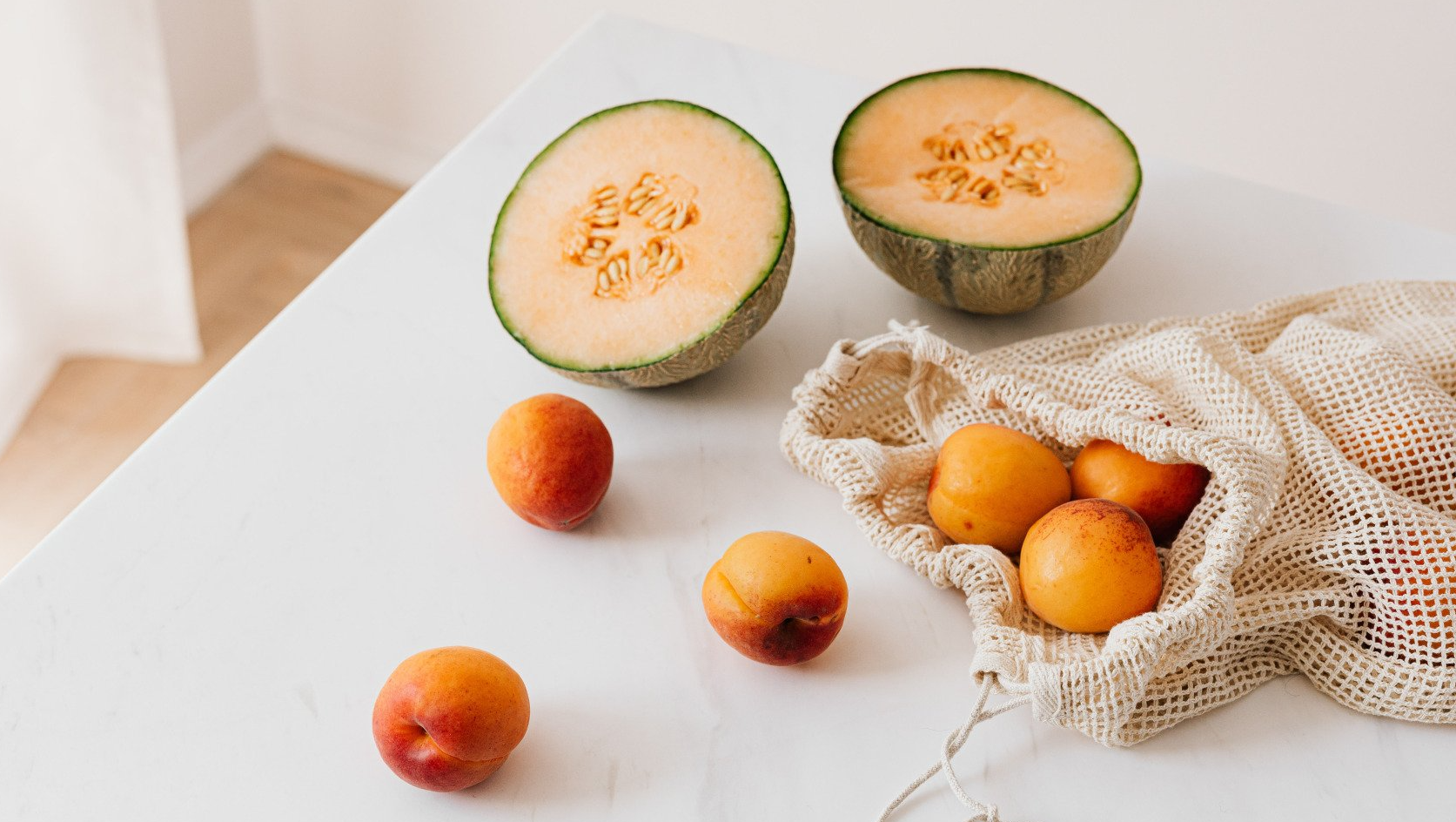
I hope this helped you understand why anti-inflammatory foods are a good food trend. It is important to understand food won't make every health issue go away but it will support your health.
Inflammation is usually caused by many factors including exposure to germs and bacteria, food sensitivities, chemicals, or excess intake of processed fats and simple sugars. There are many anti-inflammatory foods that help your body manage inflammation. These foods are important because they contribute to lowering the risk of diseases such as diabetes, cancer, autoimmune disorders and heart diseases.
Anti-inflammatory foods are those that are recommended to be part of a healthy diet anyway. They include fruits and vegetables, healthy fats, whole grains, and some herbs and spices. So, eating a well-balanced diet is likely going to protect you as is, without having to do much more or spend money on a supplement!
Sources
- Omega-3 fatty acids in inflammation and autoimmune diseases
- Chronic inflammation in the etiology of disease across the life span
- Emerging science on whole grain intake and inflammation
- Curcumin: A Review of Its’ Effects on Human Health
- Chronic diseases, inflammation, and spices: how are they linked?
Researched by Balbina Herrera specifically for Happea Nutrition. Written by Paula Doebrich.
Share this
